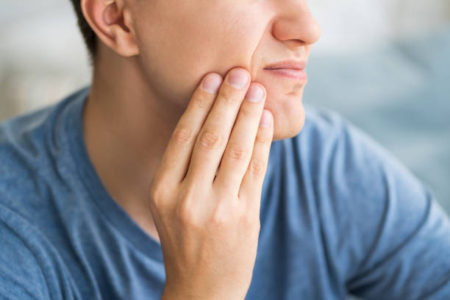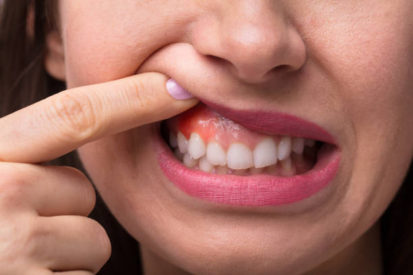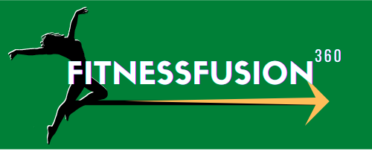Major Reasons for TMJ Disorder

Article by: Shen Chao
Temporomandibular Joints (TMJ) are located on both sides of a face, in front of the eyes. These joints connect the lower jawbone to the skull and help in different jaw movements, including speaking and chewing. TMJ displacement or internal disc derangement is a condition that affects jaw joints and surrounding muscles and ligaments. This disorder creates an abnormal relationship between the mandibular condyle, articular disc, and mandibular fossa.
Studies have shown that a more anterior position is common in the asymptomatic population. Also, in most people, TMJ adapts to their disc position and is less painful when in a different position.
The common causes of TMJ include arthritis, trauma, stress, wear & tear, and improper bite, among others. You may feel headaches, jaw tenderness, facial pain, and earaches. However, the condition can be cured with the right and timely TMJ treatment.
Keep reading to know more about the key reasons that cause TMJ disorder and how you can treat it.
Bruxism
If you grind your teeth or clench them, then it’s probably because of bruxism. Occasional grinding may not cause any harm but if it’s frequent, then it can lead to teeth problems or jaw pains.
Moreover, you may not even notice that you grind your teeth when asleep. The condition can hurt your teeth, and jaw muscles, and lead to TMJ disorder. So, if you have any bruxism symptoms, visit your dental care expert now.
Although there are no medications to cure teeth grinding, a dentist may fit a night guard, a customized orthotic device that protects muscles, teeth, and TMJs from harm.
Dislocation of the Disc Between the Ball and the Socket Joint

As we mentioned earlier, TMJ is an internal disc displacement that affects the articular disc, mandibular fossa, and mandibular condyle.
The most common derangement among people is of anterior to the mandibular condyle. In a few cases, it can be posterior too. The condition recovers with minimal intervention and conservative management but you need the right treatment and TMJ relief exercises.
Disc derangement is quite common among asymptomatic people. However, in most of them, TMJ adjusts according to the disc position without causing much pain.
Arthritis in TMJ
- Infectious Arthritis
Hematogenous spread of bloodborne organisms or direct extension of adjacent infection can cause TMJ disorder. A person may feel restricted, inflamed, or in pain during jaw movements. Its treatment includes proper hydration, antibiotics, pain control pills, and limited motion.
- Traumatic Arthritis
Traumatic injuries, such as painful tooth extraction or endotracheal intubation also cause TMJ arthritis. You may feel tenderness, pain, or restricted mandibular motion. Opt for instant treatment, which includes nonsteroidal anti-inflammatory drugs (NSAIDs), a soft diet, oral corticosteroids, controlled jaw movement, etc.
- Osteoarthritis
This is common among people below 50 years of age. Osteoarthritis patients mainly complain of mild pain, grating sound during jaw movement, and stiffness. Treatment is symptomatic, and you might have to wear an oral appliance while sleeping to alleviate pain and reduce grating sounds.
- Secondary Degenerative Arthritis
This TMJ arthritis is developed among people aged 20-40 who have a history of persistent myofascial pain syndrome or a traumatic injury. They feel restricted while opening their mouth, have crepitus, and are in unilateral pain during jaw movement. The disorder has conservative treatment but arthroplasty or high condylectomy may be required.
- Rheumatoid Arthritis
It affects adults and children and is seen among the last joints involved. Common symptoms are swelling, pain, and limited movement.
Stress

Stress is one of the most common reactions of a human body that happens to almost everyone at some point in time. When a person goes through challenges or changes, the body feels emotional, intellectual, and physical responses. Long-term stress can result in wear and tear on the body and there can be behavioral and physical symptoms, including TMJ disorder.
The best and healthiest way to deal with the situation is stress management training
An Improper Bite
When the top and bottom teeth rows don’t fit properly, it is called misaligned or improper bite.
It is also referred to as underbites, open bites, crossbites, or overbites. As improper bite can put stress on temporomandibular joints, the condition may cause TMJ symptoms and the affected person may feel jaw aches, difficulty in chewing, clicking noises during jaw movements, and other discomforts. Also, some people can experience chronic pain that needs instant professional treatment.
In Conclusion
Initially, jaw pain and movement restrictions may not seem a big deal and some may even avoid any medication or treatment. However, if left unattended or untreated on time, it may hamper basic functions that involve jaw movements, such as biting, speaking, and chewing.
So, if you are facing any of the above-mentioned TMJ symptoms, visit your family dentist or a healthcare expert without further delay. Instant treatment and relief exercises can improve your condition and help you live a healthier life.










